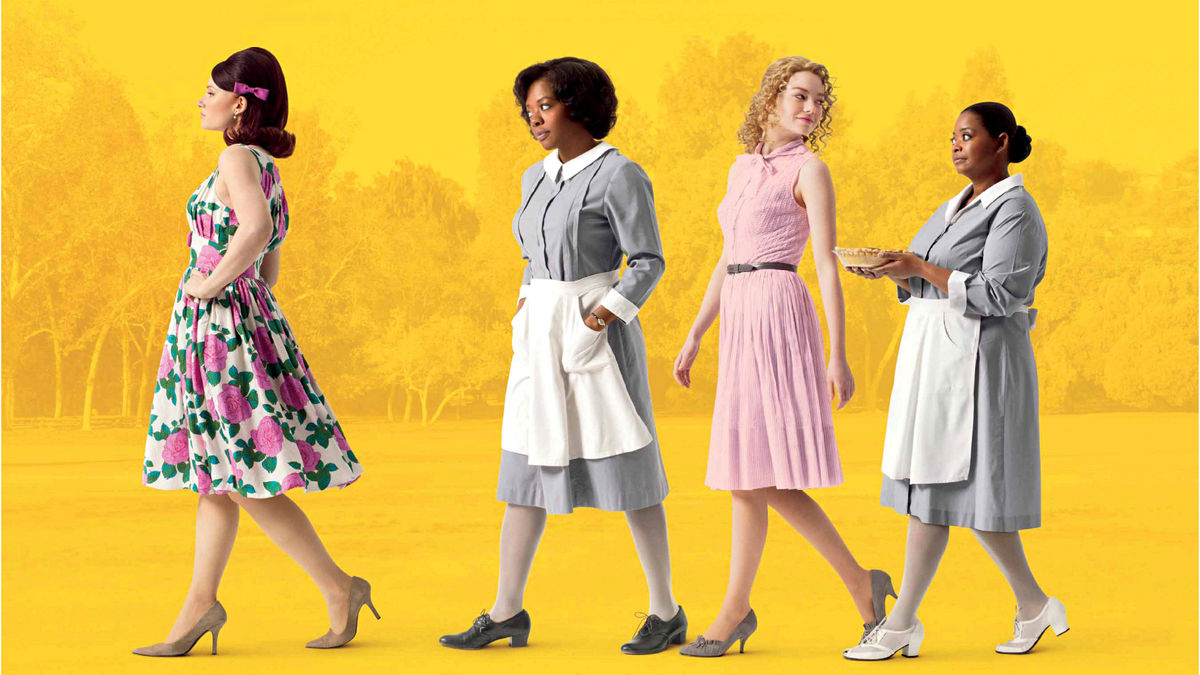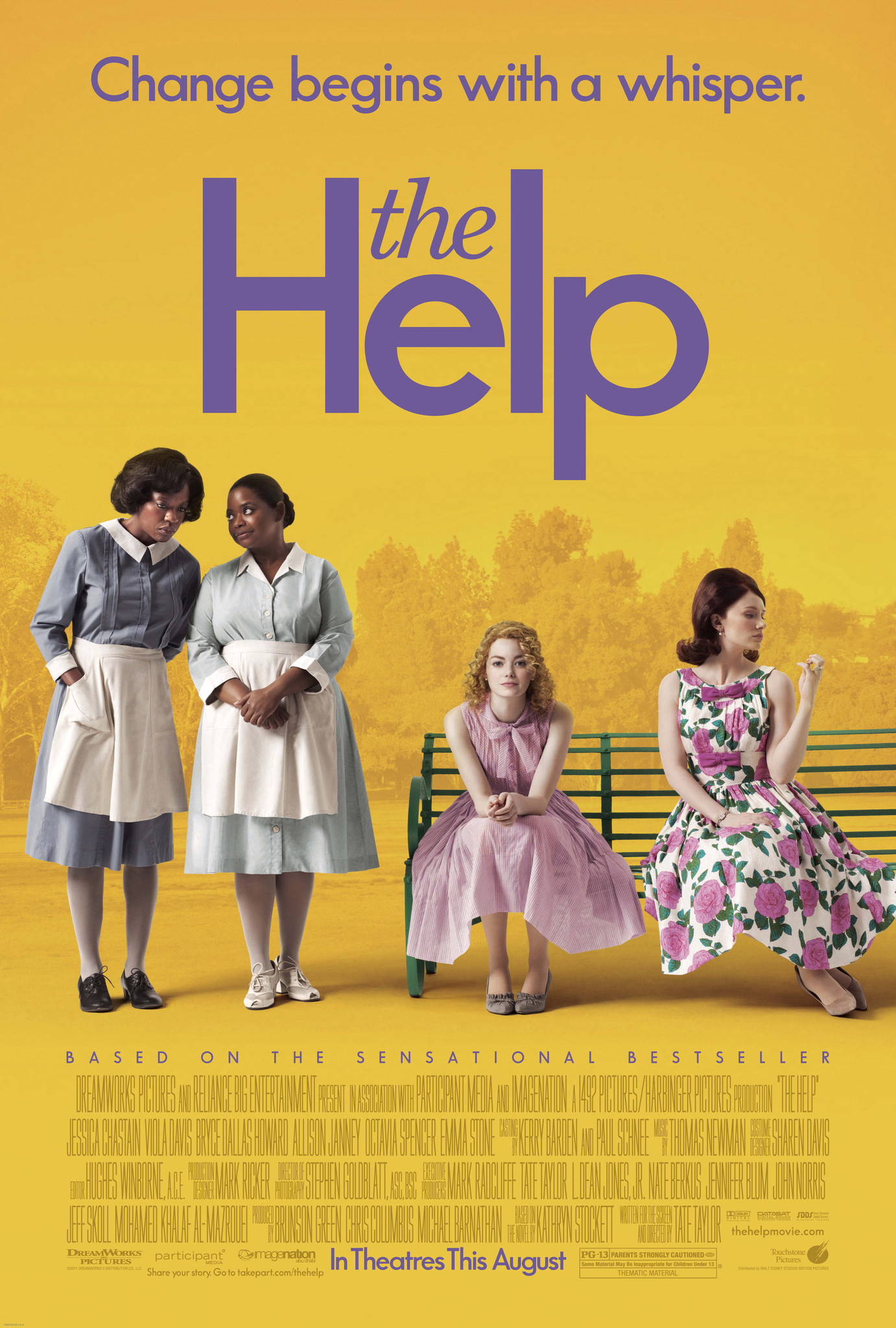Set in 1960s Jackson, Mississippi, The Help follows Eugenia “Skeeter” Phelan (Emma Stone), a recent white college graduate with dreams of becoming a writer. Returning home to find that her childhood nanny, Constantine, has mysteriously disappeared, Skeeter becomes increasingly disturbed by the deeply entrenched racism in her Southern community—especially toward the Black maids who raise white children but are denied dignity and basic rights.


Skeeter decides to write a book from the perspective of “the help” to expose the injustices they endure. At first, her proposal is met with fear and silence. Speaking out could mean losing their jobs—or worse. But Aibileen Clark (Viola Davis), a wise and quietly strong maid who has raised 17 white children in her career, eventually agrees to share her story. She is soon joined by her friend Minny Jackson (Octavia Spencer), an outspoken and fiery maid with a history of being fired for talking back to her employers.

As more women cautiously come forward, Skeeter compiles a collection of raw, heartfelt stories detailing both the emotional abuse and occasional kindness shown by the families they serve. One of the central antagonists, Hilly Holbrook (Bryce Dallas Howard), embodies the rigid racism of the time—advocating for laws requiring separate bathrooms for Black maids and enforcing social conformity with an iron grip.

The risk intensifies as the book nears publication, but the courage of the women grows. When the book—anonymously titled The Help—is finally released, it sends shockwaves through Jackson. Many townspeople recognize themselves in its pages, and tensions rise.

Despite personal and professional repercussions, Skeeter’s relationship with the maids evolves into a genuine bond rooted in mutual respect. Aibileen eventually loses her job but gains a sense of independence and purpose. Minny, after years of abuse, begins to assert control over her life.
The Help is a story of unlikely alliances, quiet bravery, and the power of truth. It highlights the strength of women across racial and class divides, and the importance of using one’s voice to challenge injustice—even when it comes at a cost.



